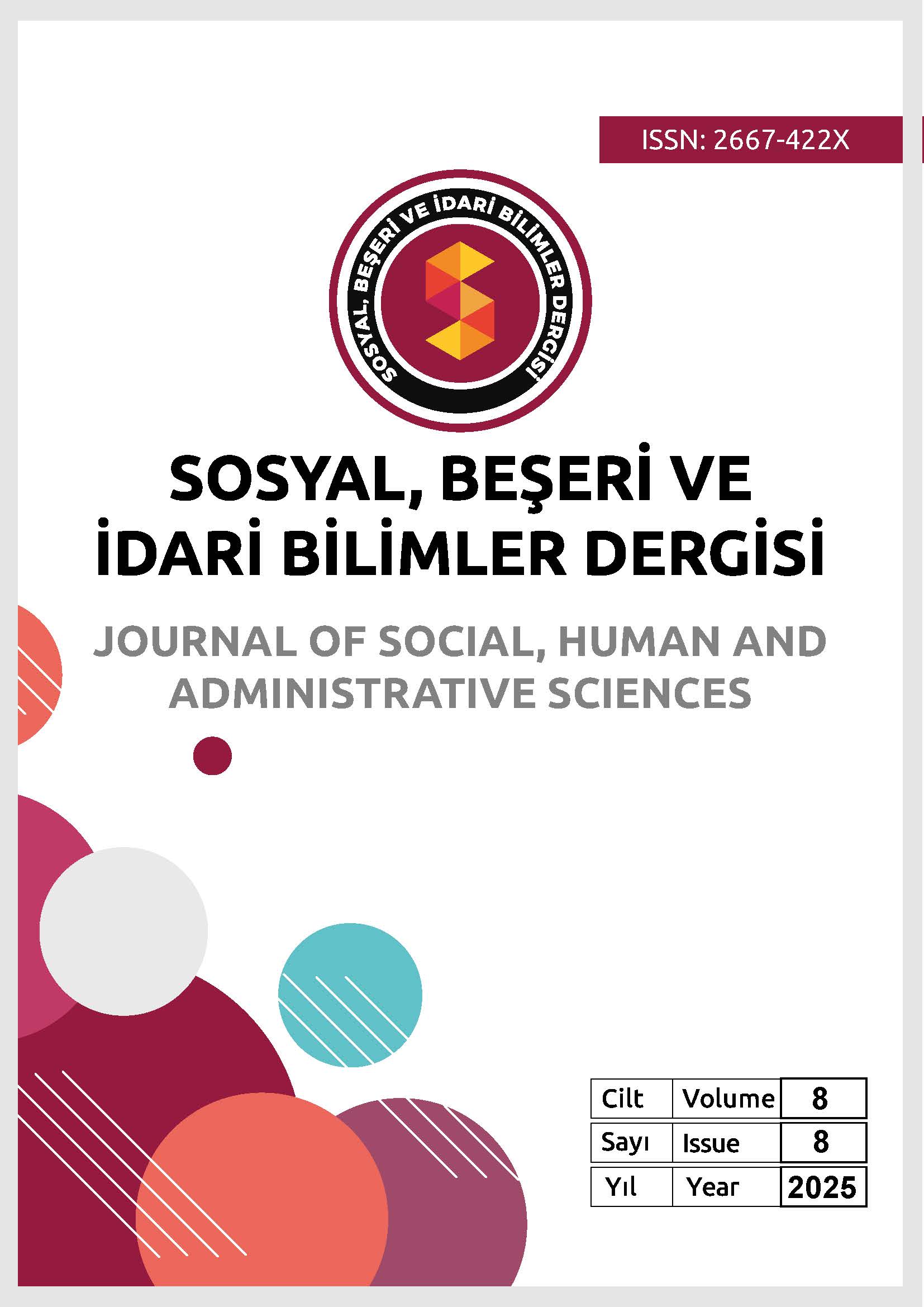A Review on Social Anxiety Disorder and Cognitive Behavioral Therapy
Main Article Content
Abstract
Social anxiety disorder (SAD) is a psychological condition marked by an intense concern about negative judgment or embarrassment in social contexts, which may result in considerable disruption to everyday functioning. SAD develops through the interplay of cognitive, behavioral, biological, and environmental influences and significantly diminishes individuals’ quality of life and interpersonal relations. This paper is a literature review. Such reviews aim to systematically and critically analyze existing scholarly work on a defined subject. In this regard, full-text academic publications in Turkish, accessible via Google Scholar, were examined. The objective of this review is to assess the efficacy of cognitive behavioral interventions for individuals diagnosed with SAD. The findings demonstrate that genetic vulnerability, traumatic experiences, maladaptive cognitive schemas, as well as adverse social environmental conditions contribute significantly to the onset of SAD. Furthermore, individualized and group-oriented CBT interventions demonstrated efficacy in alleviating symptoms associated with social anxiety and in addressing related psychological concerns. In conclusion, increasing opportunities for early intervention, tailoring CBT programs to individual needs, and enhancing access to group-format therapies are advised.
Article Details

This work is licensed under a Creative Commons Attribution 4.0 International License.

